Yaesu Fujiya Hotel to be redeveloped
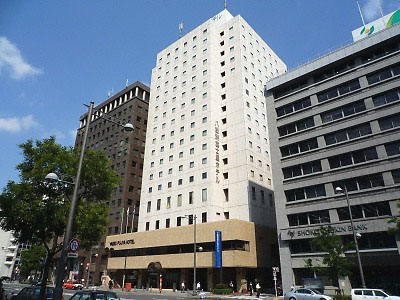 The Yaesu Fujiya Hotel by Tokyo Station will close at the end of March 2014 as the Kokusai Kogyo Group plan to sell the building and land to Sumitomo Realty & Development in April.
The Yaesu Fujiya Hotel by Tokyo Station will close at the end of March 2014 as the Kokusai Kogyo Group plan to sell the building and land to Sumitomo Realty & Development in April.
Sumitomo are expected to demolish the hotel and redevelop the site into an office building.
Hotels worried about new earthquake-retrofitting obligations
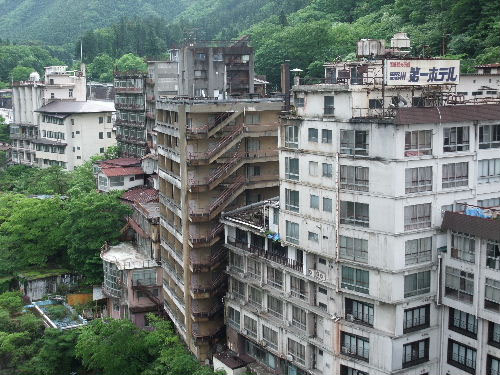 From November, large-scale buildings such as hotels built before 1981 will be obligated to ensure that their buildings meet current earthquake-resistant codes.
From November, large-scale buildings such as hotels built before 1981 will be obligated to ensure that their buildings meet current earthquake-resistant codes.
Building inspections must be carried out before the end of 2015, after which the results will be made public. This has left some hotels worried that guests will avoid places that receive a low score. However, the Ministry of Land, Infrastructure, Transport and Tourism (MLIT) says that this information is necessary for hotel guests.Read more
Konami acquires Hotel Seiyo Ginza building
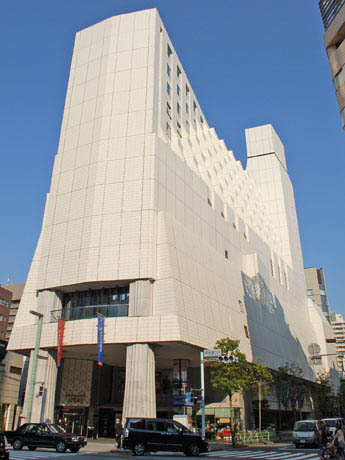 Gaming company Konami Corporation have purchased the Hotel Seiyo Ginza building from Tokyo Theatres for 17.8 billion Yen (180 million USD). Konami plans to convert the hotel into commercial space to be used as gaming development offices. Some of their 3,000 staff in Roppongi will relocate to the Ginza location. They will also develop event spaces which can be used to hold gaming conventions.
Gaming company Konami Corporation have purchased the Hotel Seiyo Ginza building from Tokyo Theatres for 17.8 billion Yen (180 million USD). Konami plans to convert the hotel into commercial space to be used as gaming development offices. Some of their 3,000 staff in Roppongi will relocate to the Ginza location. They will also develop event spaces which can be used to hold gaming conventions.
The 12 storey building has a total floor area of approximately 19,000 sqm (204,000 sqft) and is on a 2254 sqm block of land. The hotel was opened at the beginning of Japan's bubble in 1987. The 77-room hotel was the first in Japan to offer concierge services. In 2000, Seiyo Corporation filed for bankruptcy and the building was sold to Tokyo Theatres Co. Read more
A look at the demolition of the Grand Prince Hotel Akasaka
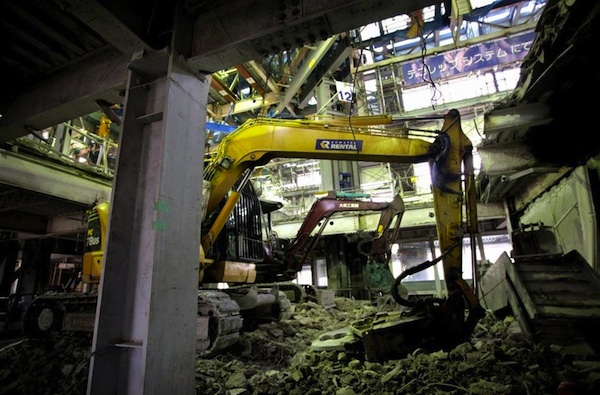 The demolition of the 140m tall Grand Prince Hotel Akasaka is underway with the building now standing at three-quarters of its original height.
The demolition of the 140m tall Grand Prince Hotel Akasaka is underway with the building now standing at three-quarters of its original height.
The work is being carried out by a joint venture between Taisei Corporation and Seibu Construction using the 'Taisei Ecological Reproduction System' (Teco-Rep System). Assistant Director of Taisei's Construction Engineering Development Department, Mr. Hideki Ichihara, explains the process:Read more
Thai property developer buys Hokkaido ski resort
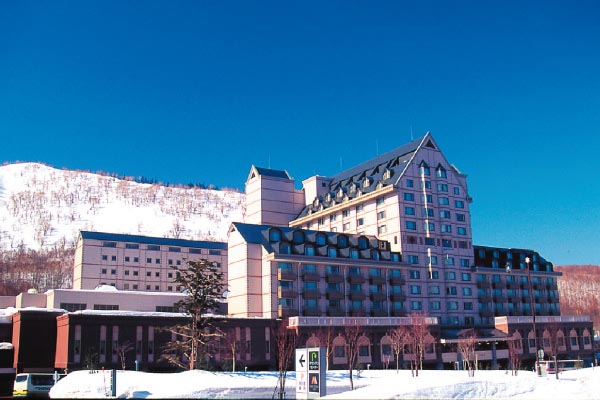
Thai property developer Property Perfect has invested 770 million baht (approximately 1.9 billion Yen, or 24 million USD) in the takeover of the relatively unknown Kiroro Ski Resort, 43km west of Sapporo, from Mitsui Real Estate.Read more
Eviction orders for Gamagori hotel
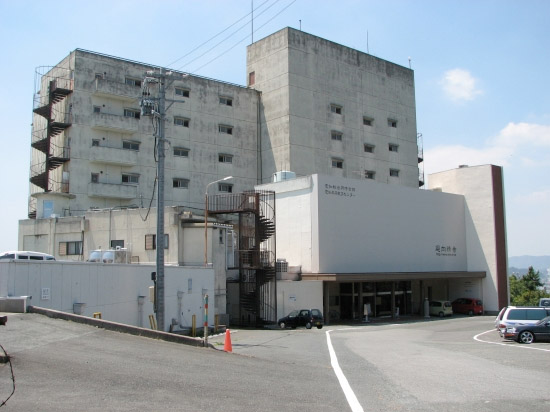 The Toyohashi branch of the Nagoya District Court has issued an eviction order to the religious organization that is using the former Gamagori Fukinuki Sightseeing Hotel in Miyacho, Gamagori City. The court is ordering the land to be returned to its owner (Miyacho) and the building to be demolished.
The Toyohashi branch of the Nagoya District Court has issued an eviction order to the religious organization that is using the former Gamagori Fukinuki Sightseeing Hotel in Miyacho, Gamagori City. The court is ordering the land to be returned to its owner (Miyacho) and the building to be demolished.
The original hotel opened in 1939 and has undergone many alterations and extensions over the years. During its prime, the hotel was Miyacho's leading hot spring resort. However, in 1998 the hotel filed for bankruptcy with debts over 3 billion Yen. It was later put up for public auction with a minimum bid of 956 million Yen. A buddhist organization purchased the building, but not the land, from Miyacho in 2004 and were charged an annual land rent of 3.8 million Yen. They demolished several buildings and refurbished the main hotel which had previously been damaged by fire.Read more
Asia's wealthy head to Niseko
- Luxury apartment and hotel boom
- Turning into a world-renowned resort area
Hokkaido's Niseko and Kutchan area is seeing a rush of luxury apartment and hotel developments. Known for its perfect skiing conditions, many Australians had purchased ski chalets and vacation homes in the town. The recent development boom, however, has been spurred on by Asia's wealthy investors and developers.Read more
